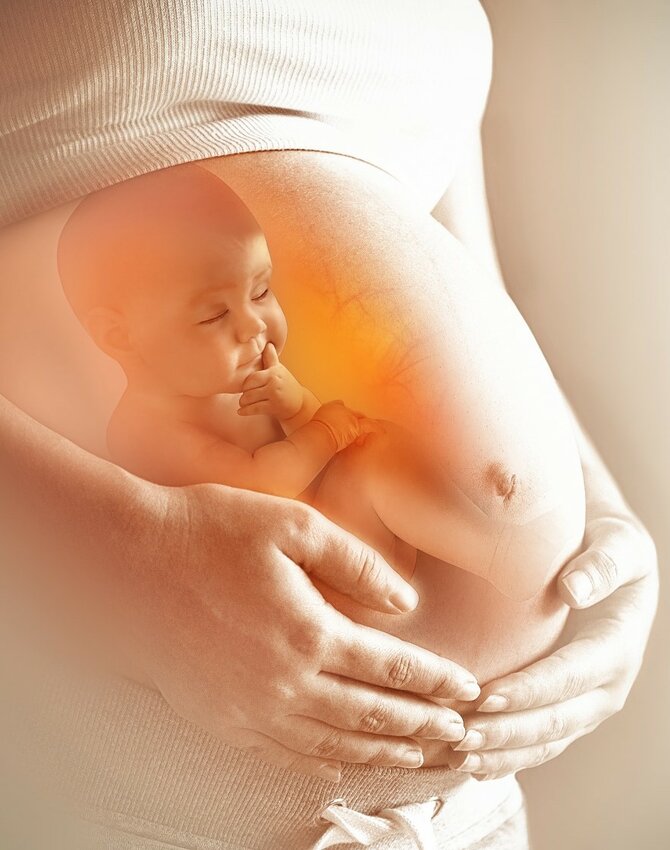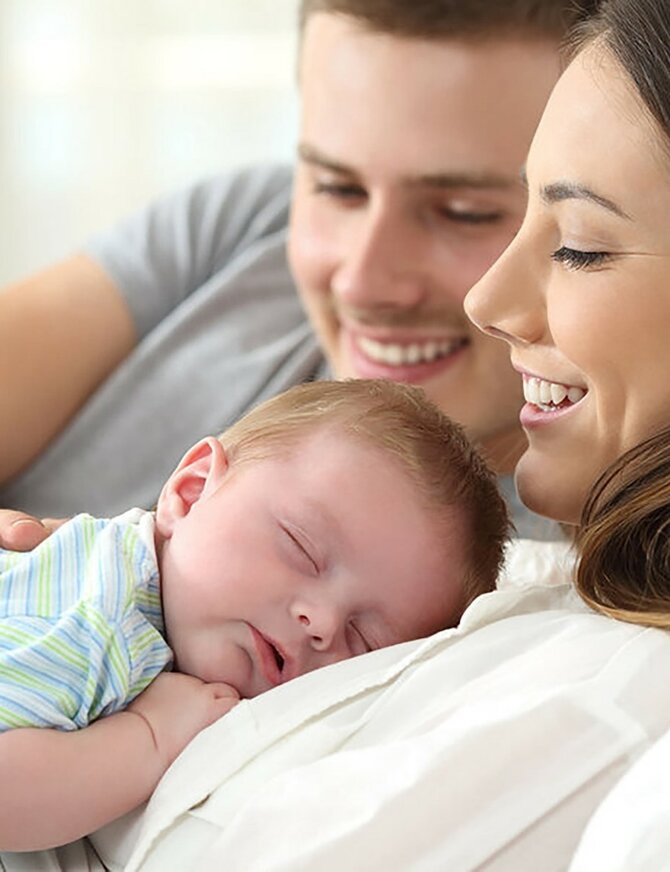TU/e Health Fund
This fund supports research and projects in the field of health. With technology as the starting point. We will give you two examples where a good start is half the life.
Preventing long-term consequences of preterm birth
In the Netherlands, 6.9% of children were born prematurely (<37 weeks) in 2020. Worldwide, this percentage is 11%. These babies need to be monitored and supported in their development. But that prevents bonding with the mother and their environment is crowded and often too well-lit for their health. As a result, these children start life with an additional hurdle: disrupted sleep rhythms. That takes years to recover, and it disrupts weight gain and neural development.
Currently, we measure sleep patterns with EEG measurements or polysomnography that can only take place in specialized clinical settings. But recent studies show that measuring movement is an excellent alternative. Carola van Pul, professor TU/e and clinical phfysicist in the Fundamental Perinatology Research Group of Máxima Medical Centre. She is working on a fiberglass mat that accurately records movements and relays the results to medical professionals. Initial test results are promising, but more research is needed to make it suitable for home use.
Cardiac monitoring of newborns prevents thousands of deaths
Thousands of children die shortly after birth. And that’s just in the Netherlands. More than half of these deaths could be prevented if we could apply 24-hour heart monitoring. But the current (Doppler) technique does not lend itself to this because it can cause thermal damage to the child. Moreover: interpreting the measurements requires a lot of clinical experience.
Beatrijs van der Hout (see the previous paragraph) is also working on a solution to this problem: Electrophysiological monitoring. Artificial intelligence, existing databases and advanced models of the fetal heart make interpreting the results much easier. The child can be monitored at home, and first- and second-line caregivers can access the record remotely. This also relieves the burden on hospitals and reduces healthcare costs. Beatrijs wants to test and refine this method in a pilot study. And for this, of course, funding is needed.

